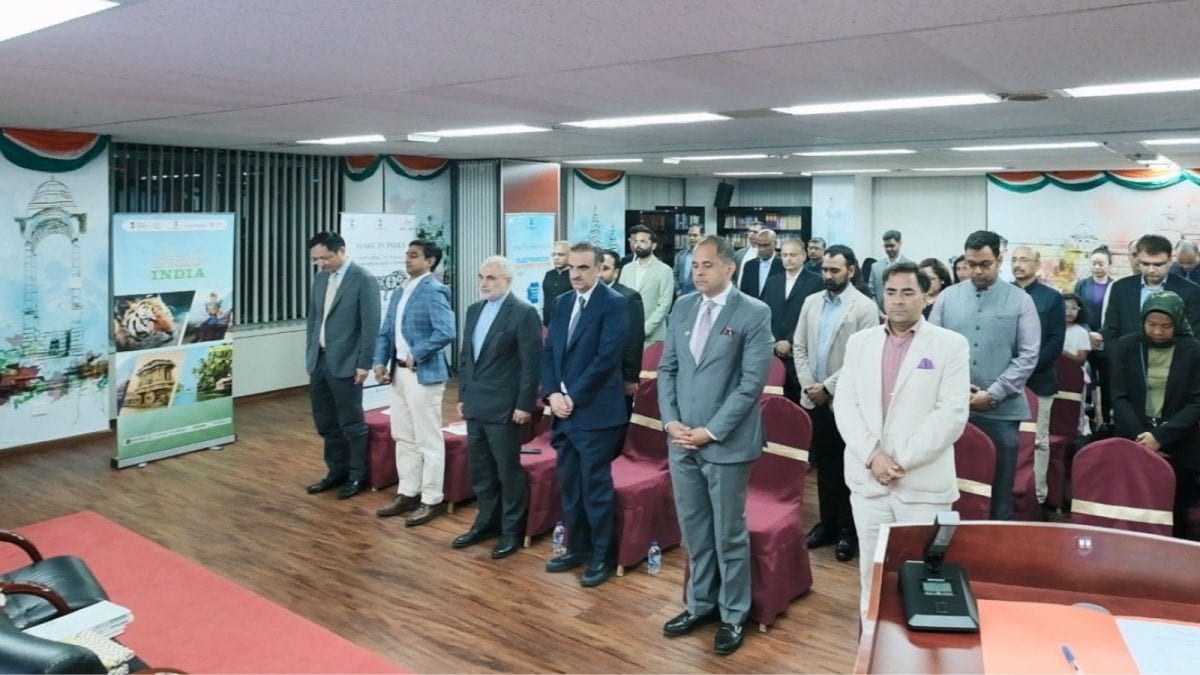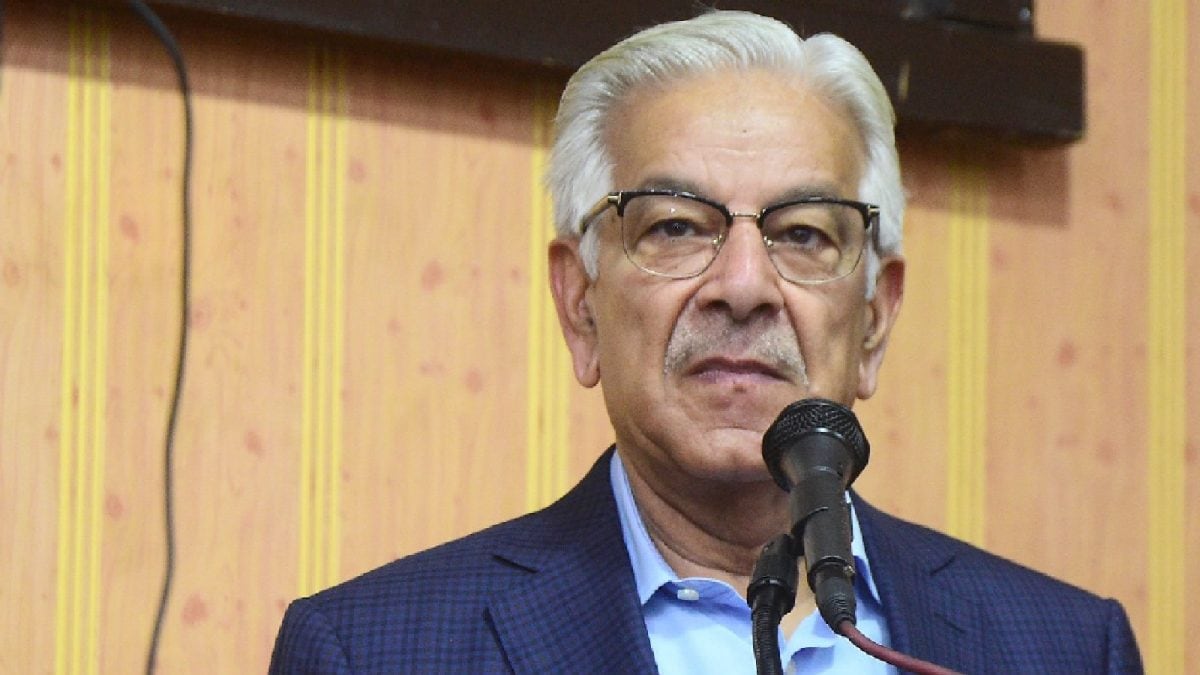Deep in the heart of the Amazon rainforest, where dense foliage stretches for miles and rivers serve as the main arteries of transportation, a pregnant woman struggles to reach medical assistance. In times like these, traditional midwives become the lifeline of expectant mothers in remote communities. One such midwife is Tabita dos Santos Moraes.

Amazon’s Midwives: Delivering Babies Amid Drought and Crisis
Deep in the heart of the Amazon rainforest, where dense foliage stretches for miles and rivers serve as the main arteries of transportation, a pregnant woman struggles to reach medical assistance. A severe drought has left waterways parched, turning what was once a relatively manageable journey into an almost impossible feat. In times like these, traditional midwives become the lifeline of expectant mothers in remote communities.
One such midwife is Tabita dos Santos Moraes. An experienced and revered figure in the region, she has delivered over 180 babies in the most isolated villages of Amazonas state. The sun filters through the wooden slats of a stilted house as Mayleane Melo, an expectant mother, goes into labour. With hospital access out of reach, Tabita kneels beside her, offering words of comfort and reassurance. At 51, her expertise is deeply rooted in generations of knowledge passed down through her family.
Climate change has exacerbated the struggles of Amazonian mothers. Droughts have become more frequent and severe, making river travel increasingly difficult. What was once a four-hour journey to the nearest hospital in Tef now takes more than a day, often forcing women to give birth at home with the help of midwives. Melo had previously attempted to relocate to Tef in preparation for her delivery, but the hardships of city life drove her back to her village, where she felt more at home despite the risks.
Government statistics show that maternal mortality rates in the Amazon are higher than the national average. Health officials recognise the crucial role of midwives in prenatal and childbirth care, yet many work with minimal financial support, often relying on government cash assistance. The younger generation, witnessing these struggles, is increasingly reluctant to continue the midwifery tradition, raising concerns about the future of maternal care in these remote regions.
Despite these challenges, midwives like Tabita persevere. Alongside their medical knowledge, they use traditional remedies to aid mothers and newborns. "Charity broth," a herbal infusion, helps with pain relief, while purple cotton tea reduces swelling. Wormseed is commonly used to treat colic in infants, and a shredded manioc paste soothes inflammation for breastfeeding mothers. These natural remedies, coupled with generations of experience, ensure that Amazonian midwives remain indispensable.
As Melo cradles her newborn son, William, Tabita reflects on the deep bond she shares with the women she assists. Her work is not just a profession but a calling, driven by an enduring sense of duty and the belief that no mother should face childbirth alone. In a region where modern healthcare remains out of reach for many, midwives like Tabita continue to deliver hope, one birth at a time.
Published By:
indiatodayglobal
Published On:
Apr 2, 2025

 1 month ago
1 month ago
















